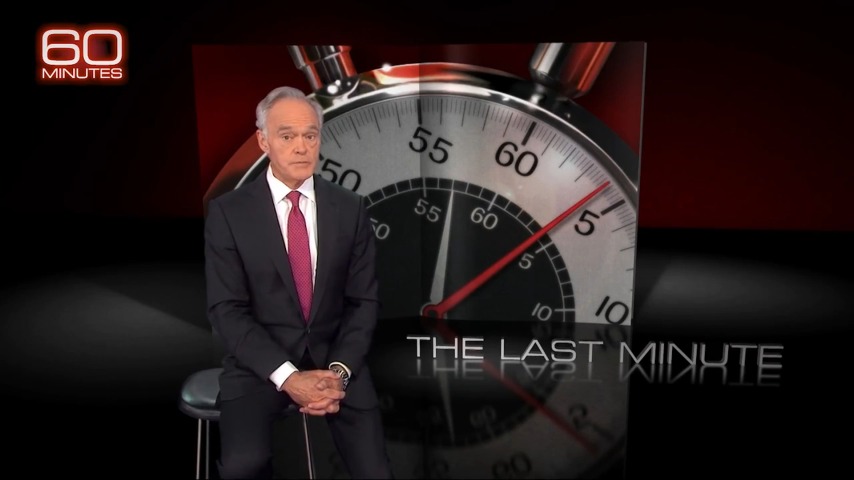In a memo to employees announcing his departure, Owens wrote, “[I]t has become clear that I would not be allowed to run the show as I have always run it, to make independent decisions based on what was right for 60 Minutes.” The news show has been under a microscope recently, as it faces a $20 billion lawsuit from Donald Trump over an interview it ran with Kamala Harris in the lead-up to the election. But Trump isn’t the only one compromising the show’s journalistic integrity, in Pelley’s view. “Our parent company, Paramount, is trying to complete a merger. The Trump administration must approve it,” he continued. “Paramount began to supervise our content in new ways.”
Paramount has been trying to finalize the merger with production company Skydance Media for months now. While Variety reports that legal experts have called the basis of Trump’s suit “flimsy,” Paramount has nevertheless capitulated by imposing the new levels of supervision Pelley addressed on the venerated program. While 60 Minutes had previously enjoyed a rare level of autonomy, the show was asked in January to incorporate a new “interim executive editor” from CBS into its vetting process. Former CBS News senior producer Al Ortiz also got involved in vetting stories, which left 60 Minutes‘ producers feeling like “they were being monitored by outsiders with motivations not entirely focused on the program,” per Variety.
Other 60 Minutes staffers have also spoken out. “I have been made aware of interference in our news processes, and calling into question our judgement,” long-serving correspondent Lesley Stahl told Variety upon Owens’ departure last week. “That is not the way that companies that own news organizations should be acting.”
“None of our stories has been blocked, but Bill felt he lost the independence that honest journalism requires,” Pelley continued in his address to the audience Sunday night. “No one here is happy about it, but in resigning, Bill proved one thing: he was the right person to lead 60 Minutes all along.”




















![Rob Reiner's son booked for murder amid homicide investigation [Updated]](https://img.pastemagazine.com/wp-content/avuploads/2025/12/15131025/MixCollage-15-Dec-2025-01-10-PM-9121.jpg)




















